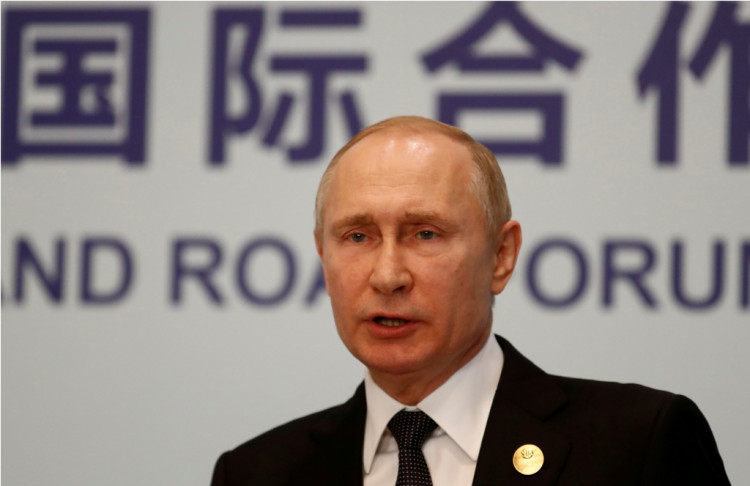Russian President Vladimir Putin has suggested that Russia might begin supplying weapons to adversaries of Western nations, further stoking global tensions. This declaration follows the recent decision by the United States and its European allies to allow Ukraine to utilize their weapons against Russian territory. Putin's warning also included a renewed threat of nuclear action, asserting that Western assumptions about Russia's restraint are misguided.
During a briefing with international news agencies at the St. Petersburg International Economic Forum, Putin articulated his response to the West's support for Ukraine. "If someone considers it possible to supply such weapons to a combat zone to strike our territory and create problems for us, then why do we not have the right to supply our weapons of the same class to those regions of the world from which the strikes will be carried out on sensitive objects of those countries that do this in relation to Russia?" Putin stated. He emphasized that Russia reserves the right to act similarly if these countries are perceived as being drawn into a war against Russia.
The Russian leader's comments came as the Kremlin continued to criticize the West's involvement in Ukraine. Kremlin spokesman Dmitry Peskov later reinforced Putin's message, stating that supplying weapons to strike inside Russia "can't remain without consequences."
This development marks a significant escalation in the rhetoric from Moscow, reflecting its increasing frustration with Western support for Kyiv. Ukraine has reportedly used Western-supplied weapons to target Russian military installations in the Belgorod border region. This shift in strategy by Ukraine has intensified the conflict, prompting Putin's threats of reciprocal actions.
Putin's statements highlight a potential strategy to supply advanced long-range weapons to nations or groups opposed to U.S. and British interests. This move would represent a considerable shift in Russia's foreign policy, potentially destabilizing regions where Western interests are already contested.
The international community has reacted with concern to these developments. President Joe Biden and his European counterparts have underscored the importance of supporting Ukraine while managing the risks of broader escalation. The use of Western weapons inside Russia has been a contentious issue, with allies initially reluctant to endorse such actions due to fears of Russian retaliation.
Ukraine's President Volodymyr Zelenskyy is scheduled to meet with President Biden in France this week, coinciding with the 80th anniversary of D-Day. This meeting is expected to address the ongoing conflict and the implications of the recent escalation in military tactics.
Adding to the tension, Dmitry Medvedev, deputy chairman of Russia's Security Council and a former president, has echoed Putin's threats, suggesting that Western countries could soon experience the impact of Russian weapons supplied to their adversaries. Medvedev's statements further underline the Kremlin's readiness to broaden the conflict's scope.
Medvedev noted that the regions or entities receiving Russian arms would not be disclosed but hinted that these could be any groups or nations opposed to U.S. interests. "Let the US and its allies now feel the direct use of Russian weapons by third parties," he wrote on his Telegram channel. He described a scenario where U.S. and allied facilities might be targeted and expressed satisfaction at the prospect of such strikes.
The situation remains highly volatile, with significant implications for global security. The Kremlin's threats come as Ukraine continues to push for more robust support from its Western allies, aiming to leverage these resources to repel Russian advances and reclaim occupied territories.




